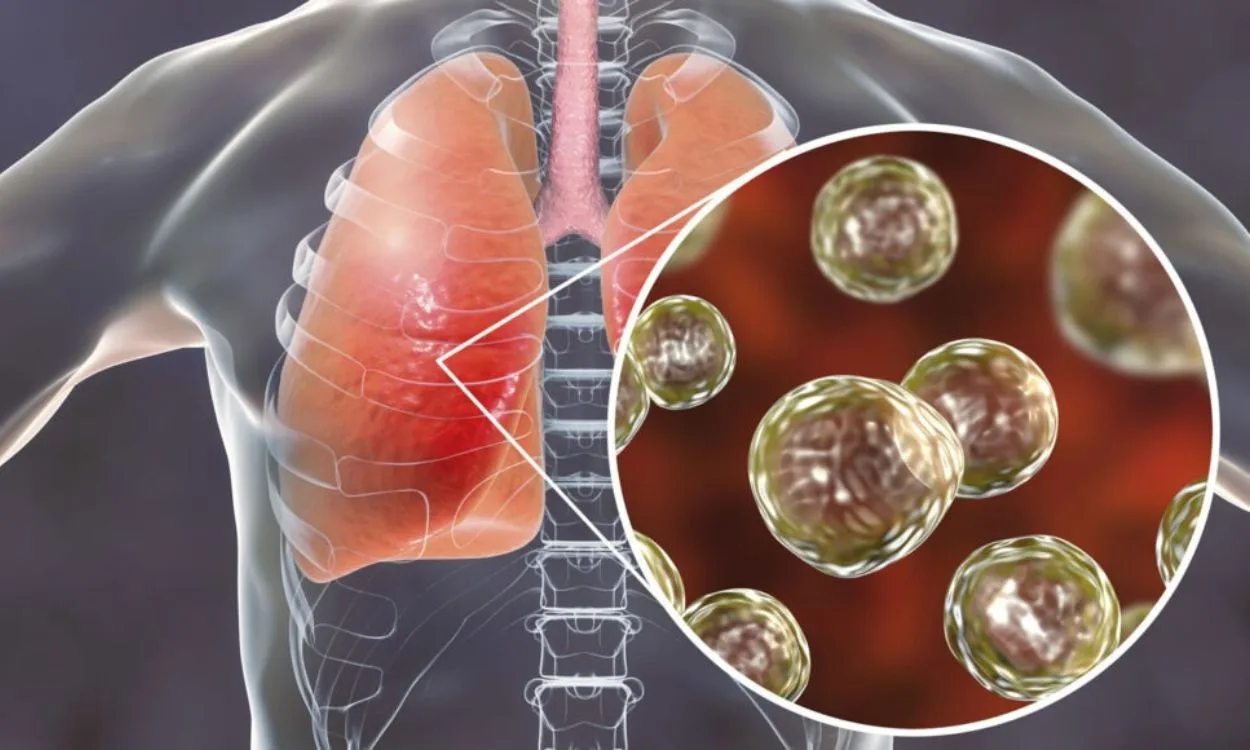Signs of a Lung Infection: Symptoms, Causes, and Treatment
Are you experiencing respiratory issues and wondering if you have a lung infection? Lung infections can range from mild respiratory illnesses to serious conditions that require medical attention. In this article, we will explore the signs of a lung infection, the common causes, and the available treatment options. So, let’s dive in and learn more about this topic.
What is a Lung Infection?
A lung infection, also known as a lower respiratory tract infection, refers to an infection that affects the airways and lungs. It can involve different parts of the respiratory system, including the bronchi, bronchioles, and alveoli. Lung infections can be caused by viruses, bacteria, fungi, or other microorganisms.
Signs and Symptoms of a Lung Infection
- Cough: One of the most common symptoms of a lung infection is a persistent cough. The cough may produce phlegm or mucus, which can be clear, yellow, green, or bloody.
- Shortness of Breath: Difficulty breathing or shortness of breath is another common sign of a lung infection. You may feel like you can’t take in enough air or that you are wheezing.
- Chest Pain: Chest pain or discomfort can be present in some cases of lung infection. This pain may worsen with coughing or deep breathing.
- Fever: A high body temperature, often accompanied by chills and sweating, is a typical symptom of an infection, including lung infections.
- Fatigue: Feeling excessively tired or experiencing a lack of energy is common when your body is fighting off an infection.
- Sputum Production: Increased production of sputum, which is a mixture of saliva and mucus, may occur in lung infections. The color, consistency, and odor of the sputum can vary depending on the underlying cause.
- Wheezing: Wheezing is a whistling or rattling sound that occurs when air flows through narrowed airways. It can be heard during breathing and is often associated with lung infections.
- Cyanosis: In severe cases, a bluish discoloration of the lips, fingers, or skin (cyanosis) may occur due to inadequate oxygen levels in the blood.
Common Causes of Lung Infections
- Viral Infections: Viruses such as the influenza virus (flu) and respiratory syncytial virus (RSV) can cause lung infections.
- Bacterial Infections: Bacterial pneumonia, caused by bacteria like Streptococcus pneumoniae or Haemophilus influenzae, is a common type of lung infection.
- Fungal Infections: Fungi like Aspergillus or Pneumocystis jirovecii can cause lung infections, especially in individuals with weakened immune systems.
- Tuberculosis: Tuberculosis (TB) is a bacterial infection caused by Mycobacterium tuberculosis that primarily affects the lungs.
Treatment Options for Lung Infections
- Antibiotics: If the lung infection is caused by bacteria, antibiotics may be prescribed to eliminate the infection. It is essential to complete the full course of antibiotics as prescribed by the healthcare provider.
- Antiviral Medications: For viral lung infections, antiviral medications may be recommended to help manage the symptoms and reduce the duration of the infection.
- Antifungal Medications: In cases of fungal lung infections, antifungal medications are typically prescribed to target and eliminate the fungal organisms.
- Supportive Care: Proper rest, hydration, and over-the-counter medications for symptom relief, such as cough suppressants or pain relievers, may also be recommended.
When to Seek Medical Attention
While some mild lung infections can resolve on their own with rest and home remedies, it is crucial to seek medical attention if you experience the following:
- Severe shortness of breath
- Chest pain or pressure
- High fever that does not improve
- Coughing up blood
- Worsening symptoms despite self-care measures
Prompt medical intervention is essential to prevent complications and ensure appropriate treatment.
Introducing Fitpaa: Your Personal Health and Fitness Solution
If you are concerned about your lung health or overall well-being, Fitpaa is here to help you achieve your health and fitness goals. With the Fitpaa app, you can have access to personalized fitness plans, nutrition guidance, and expert support. Fitpaa’s state-of-the-art technology and team of health professionals are dedicated to helping you lead a healthy and fulfilling life.
Whether you are looking to stay fit, manage a specific health condition, or improve your overall respiratory health, Fitpaa can provide you with the tools and guidance you need. The Fitpaa Capsule, a scientifically designed health and fitness plan tailored to your individual needs, will optimize your metabolism and help you achieve your goals.
Download the Fitpaa app today and take the first step towards a healthier you. Your well-being is our mission, and we are committed to supporting you every step of the way.
Remember, your health matters, and with Fitpaa, achieving your health and fitness goals is within reach.
Download Fitpaa and start your journey towards a healthier life today!









